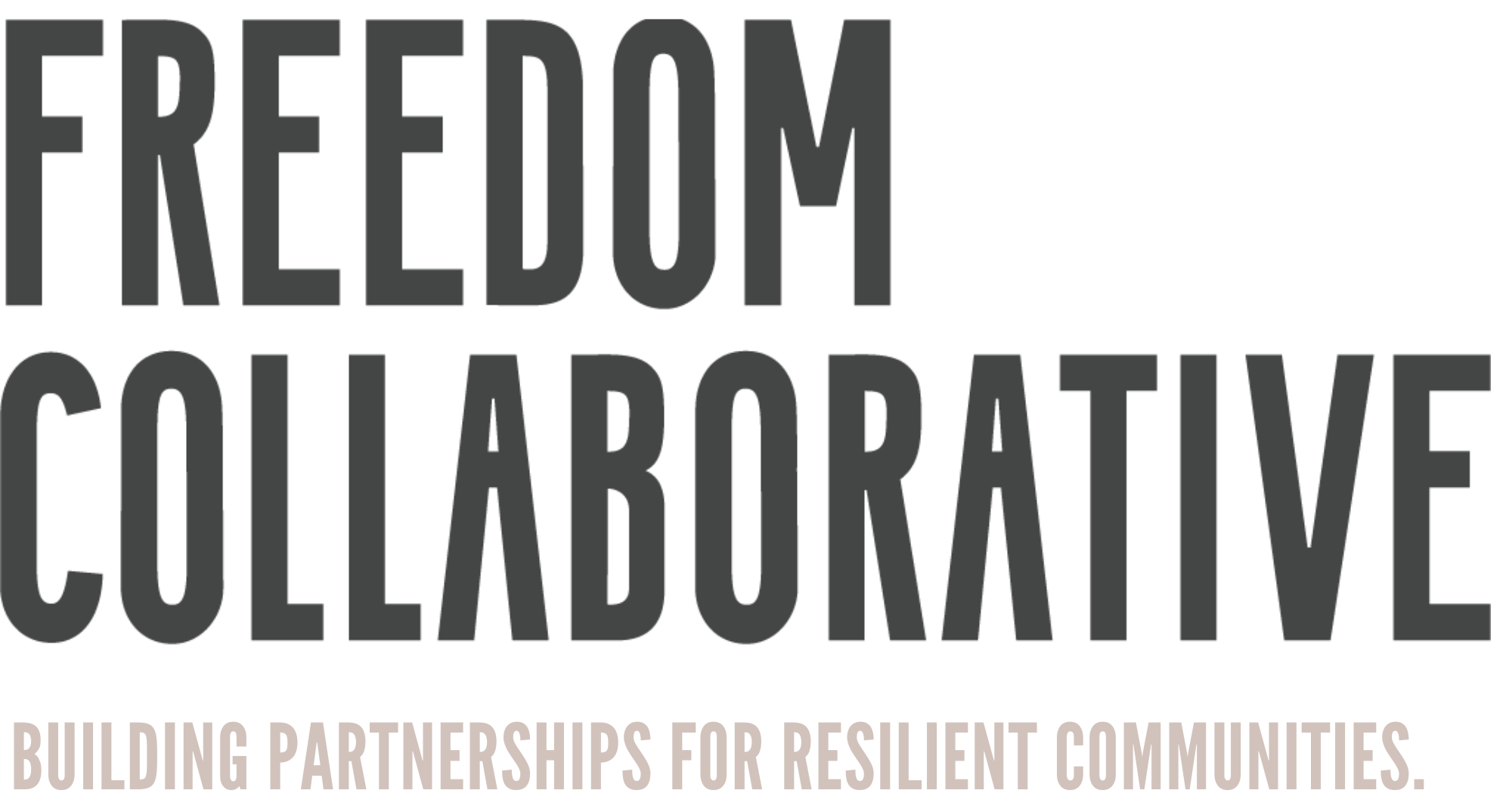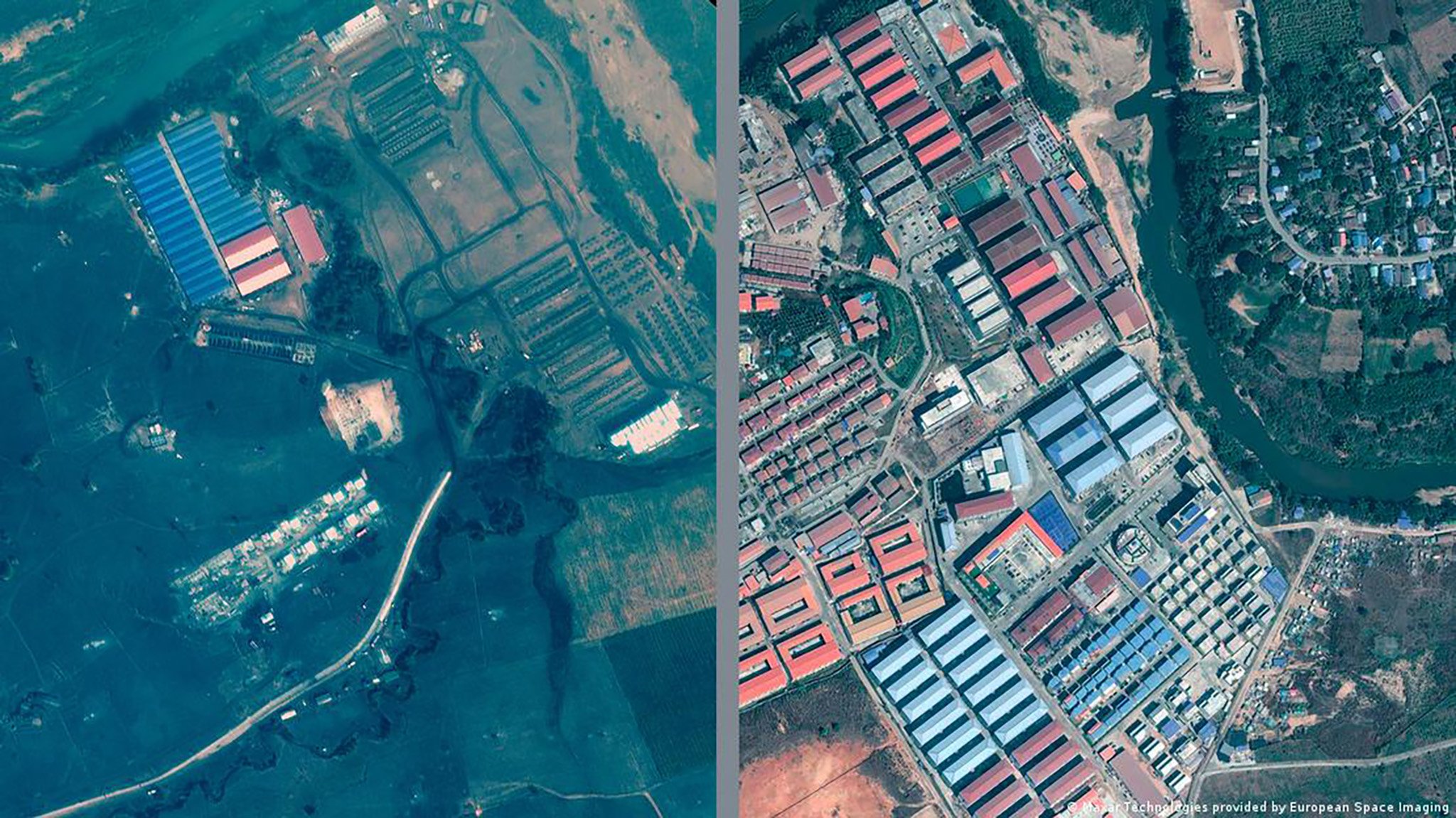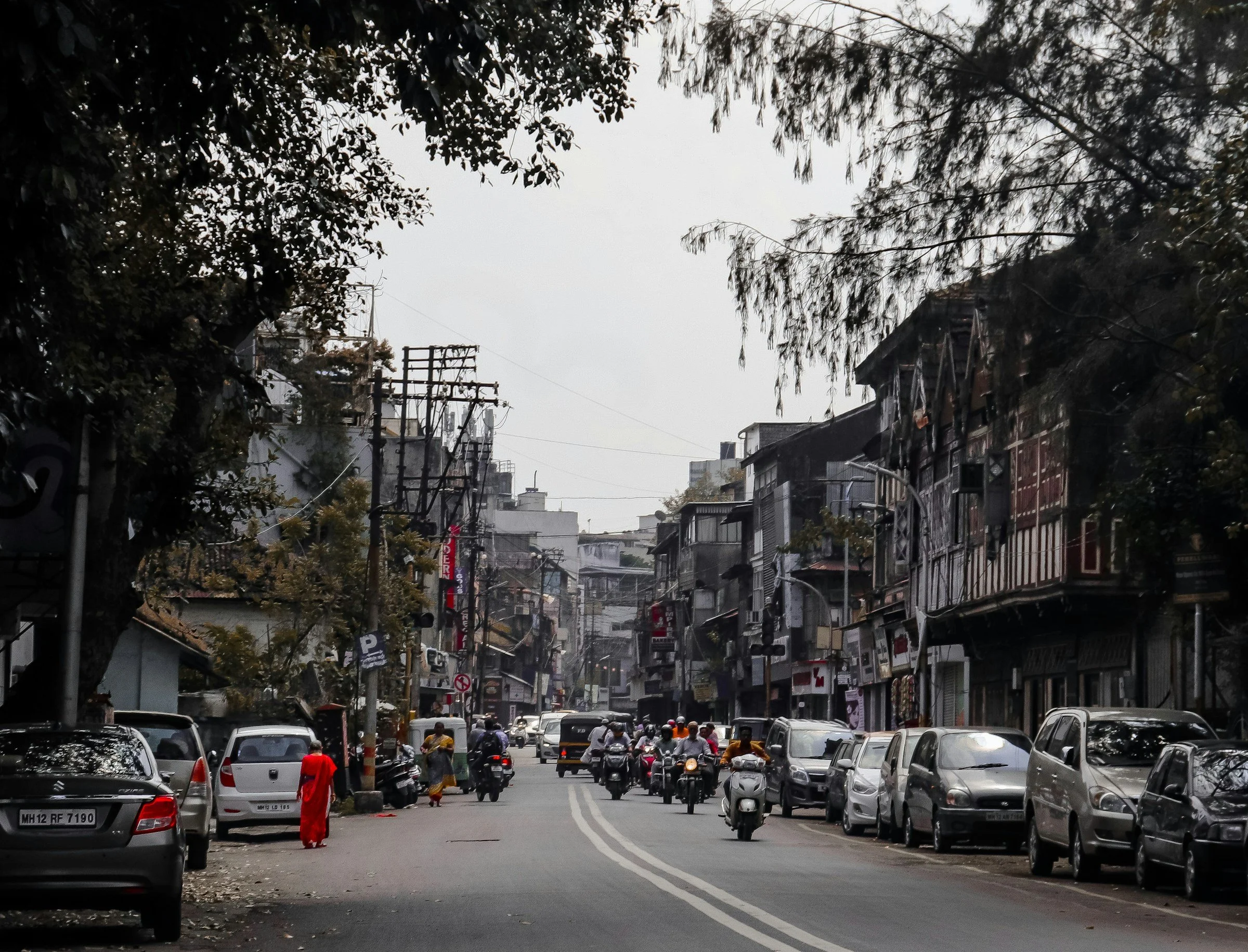Western nations engage Southeast Asia with support for training and development
Several Western nations are seeking to engage Southeast Asia in strategic partnerships that appear to emphasize, among other things, training and technological exchange in climate change related development, cybersecurity and anti-trafficking measures – a move which may help thread the needle of political sensitivities.
Coinciding with a series of events this month, including the Association of Southeast Asian Nations meetings in Phnom Penh, the Group of 20 summit in Bali, and the Asia-Pacific Economic Cooperation forum in Bangkok, Western nations appear to be moving to engage Southeast Asian countries, recognizing the region’s growing power and importance. Those initiatives seem to align with the current trends of “the great diversification” and “friend-shoring” as countries seek to lessen an overreliance on China - a lesson learned from the need for greater supply chain resilience and an overreliance on Russia for energy.
Meanwhile, Southeast Asian nations are keen not to be seen as pawns in this power struggle to counterbalance China – or, for that matter, Russia, which overshadows everything, especially with the war in Ukraine’s impact on food security.
While there are significant differences in certain norms and values between Western and Southeast Asian nations, some of the most promising common ground appears to be in initiatives that focus on training, technological development and approaches that provide support toward mutually beneficial goals.
The U.S. recently announced new initiatives in bilateral cooperation to support Thailand and the Sub-Mekong region. Goals include facilitating a transition to clean energy, enhancing 5G security to accelerate Thailand’s rollout, a new oncology center, cybersecurity for private sector stakeholders, a cybercrime mentoring program between the FBI and Royal Thai Police, and continued training of frontline officials in counter trafficking laws. According to a Nikkei Asia article, “The U.S. envisions its new Indo-Pacific Economic Framework, or IPEF, launched in September with 13 inaugural members, as a vehicle to promote free and fair trade. Through the initiative, Washington aims to deepen ties with like-minded countries and reduce its economic dependence on China.” The US has spoken out against China for human rights abuses against ethnic minorities, crackdowns on democracy activists in Hong Kong, and other concerns.
Germany is also seeking to reduce reliance on China by deepening economic ties with Vietnam, having signed cooperation deals involving energy and vocational training, with expectations of significant transfer of knowledge and technology. Meanwhile, Vietnam is appealing for the EU to remove the “yellow card” on Vietnam’s seafood sector due to allegations of illegal and unregulated fishing. As one of the only countries in Southeast Asia with a free trade agreement with the EU, they are among the EU’s biggest trading partners in the region.
France is likewise signaling a shift in expanding their role in the Asia-Pacific region, indicating a desire to ramp up economic exchange, technology transfer, and security cooperation. Meanwhile, Canada has also this month announced a large investment of cash in ASEAN countries, mostly promoting business partnerships, educational exchanges and investment in “feminist focused development aid.” Economic aid also includes support for landmine clearing and measures against illegal, unreported, and unregulated fishing in the Indo-Pacific region.
Australia and Thailand signed a plan this month, deepening their ties with bilateral cooperation on a wide variety of issues including: anti-trafficking in persons, cyber security, the digital economy, climate change mitigation. This covers assistance with Bangkok’s shift to the use of electric public buses, making cities more climate resilient, cooperating on the transition to green energy, and promoting trade and investment in key sectors.
However, there are challenges within the region that complicate matters. ASEAN members are pressuring Myanmar to deal more constructively with its internal problems by barring Myanmar from the bloc’s meetings–which, presumably, means the country may lose out on some much needed economic investment and development opportunities. Myanmar had warned against such an approach, saying it would be counterproductive, with (unspecified) negative consequences.
While these investments include a stunning array of programs and initiatives for cooperation, it’s clear that climate change resilience, shifting to greener technologies and cybersecurity are among the most pressing concerns in which these nations find common ground. Training seems to be the focus of counter trafficking initiatives that have the most immediate impact for stakeholders in the fight against labor exploitation and trafficking. In the medium term, economic development, especially of transportation and internet infrastructure may provide a helpful boost. In the long run, the strong emphasis on climate change mitigation and resilience may prove beneficial, reducing and preventing trafficking and exploitation that results from climate-related disasters.
Have You Considered…?
As we head toward the end of the year, many nonprofit organizations are taking advantage of opportunities like Giving Tuesday for the year-end fundraising. Social media and large grant institutions are important sources of funding, but so are private donors – each of these sources have their own needs and ways of engaging. Podcasts like “Nonprofit Lowdown” might provide useful hints and tips for how to think about communications strategies, from how often to send emails to how to approach a “big ask.” While the suggestions provided might be Western-audience specific, there might be takeaways useful for any audience you’re seeking to engage.
Share your news
Post your experiences from the field and initiatives to feature





